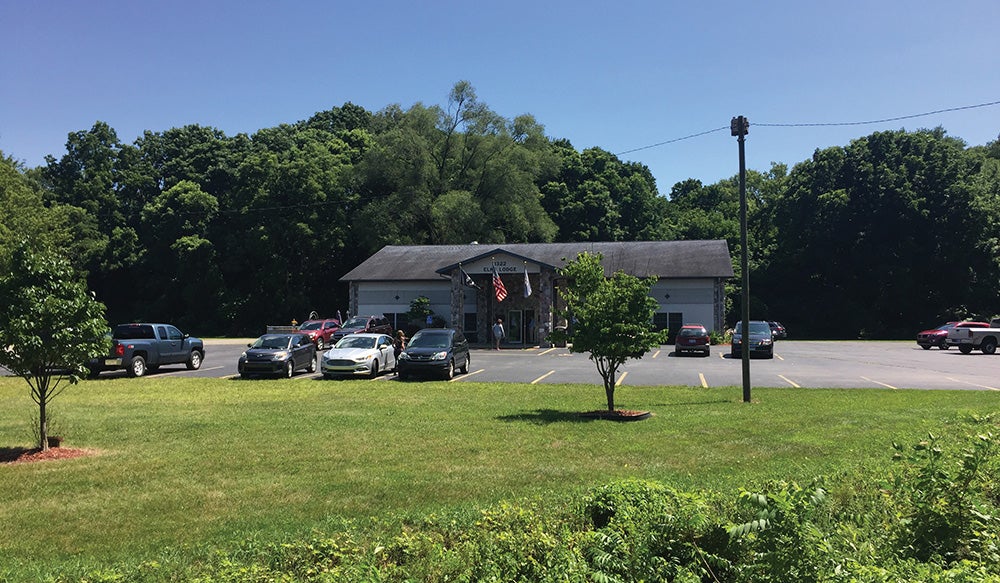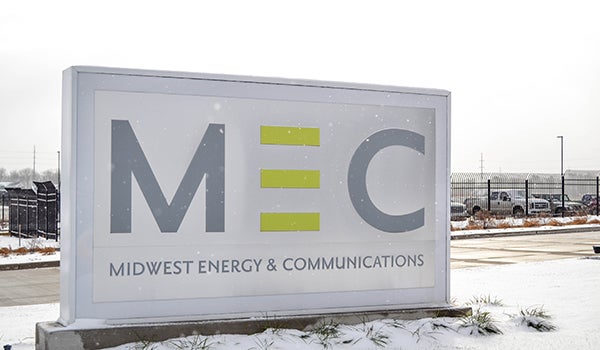Charitable Gaming assists local nonprofit organizations in helping the community
Published 10:08 am Friday, July 27, 2018
In a previous closer look, gambling was reviewed — particularly the possible negative impacts of gambling and how future legislation may impact gambling in southwest Michigan. The final part of the series will look at other forms of charitable gaming, such as pull tabs and raffles, and how a state-approved organization can utilize those games.
It is the unfortunate reality that every town or city, no matter how big or small, has to face many challenges, and because of these challenges, local organizations are tasked with finding creative ways to continuously support its community.
One of the ways an organization is able to support its community is through charitable gaming, which is a division of the Michigan Lottery.
“Any community you go to in Michigan, there are always projects where if funding can be provided, it will help the community,” said Jeff Holyfield, director of public relations for Michigan Lottery.
Through charitable gaming, there are a variety of different games that nonprofits and other approved organizations can use to raise money, and with each game comes a set of rules and regulations.
Some rules and regulations can be difficult to understand, which is why Holyfield says that the mission of charitable gaming in Michigan is to support the state’s nonprofits and other organizations.
“For example, if you go on our website, we have a video about charity game tickets,” Holyfield said. “They are very similar to what you might see in a bar or restaurant. There’s a charitable gaming division of that.”
These tickets, often referred to pull tabs, are used by several organizations throughout southwest Michigan, including local Elks Lodges, some of which see a steady stream of revenue from the game.
“We have a charitable gaming lottery license for lottery pull tabs sold in a machine in the club. People like playing. It’s fun to win and it helps out the organization,” said Julie Clark, the chairman of the board of directors at the Niles Elks Lodge. “We earn a fair amount of money on pull tabs which goes a long way toward supporting the lodge.”
The Niles Elks Lodge also hosts events for community members in need.
“We will apply for charitable gaming raffle licenses for fundraising — these would be events sponsored by the lodge that are purposeful in raising money for an individual or family that needs financial assistance or big raffles that are designed to raise money for the lodge,” Clark said.
In total, Holyfield said that charitable gaming issued more than 10,000 licenses for a variety of games in 2017. Other types of games include raffles and bingo. Some licenses last for a year, while others are issued for a single event.
There are also some games that approved organizations can run without obtaining a license.
“We also run 50/50s, which we can do without a license as long as we sell the tickets the day of and don’t award more than $100 in prizes a day,” Clark said. “So, we take advantage of that as well, normally when we are trying to raise money for something specific, like a new ice maker or freezer for the kitchen. It’s a great way for everyone to win.”
This is a rule that some nonprofit organizations are unaware of. According to Clark, charitable gaming rules can change over the years. Staying on top of these changes can be difficult.
Charitable gaming does host about 20 trainings per year through the state to assist organization, said Holyfield. The only issue for the organizations in Berrien and Cass counties is that many of them take place outside of the area. There was a training in Baroda on Tuesday, June 12, but it took place during the middle of the day and lasted about three hours.
The next training that charitable gaming will host in southwest Michigan is the VFW 1355 in Sturgis from 1 to 4 p.m. Thursday, Aug. 2.
In addition to offering trainings, there are several informative videos on the Michigan charitable gaming website, and the organization is available by phone.
“We have the folks here in Lansing that spend a lot of times on the phones working with our nonprofits,” Holyfield said. “We’re talking about nearly $60 million in profits overall, so it’s somewhere in the range of $287 million in revenue that these nonprofits are taking in. That’s a lot of money. [Our goal is to] help these nonprofits do things the right way.”
Of course, charitable gaming also exists to make sure that no one takes advantage of others through gaming. The organization requires an organization to report all of the revenue it earns from gaming and audits them as it sees fit.
“Obviously, we can’t be standing [next to] everyone who is in charge of those games,” Holyfield said. “The bottom line is, the folks running [the focus] of these nonprofits … is to raise money [to] do good things for the community. So, the way we help them do that is by giving them training and providing them with materials and helping them to understand the rules.”
For more information on the Charitable Gaming Division of the Michigan Lottery, visit michigan.gov/cg/.







